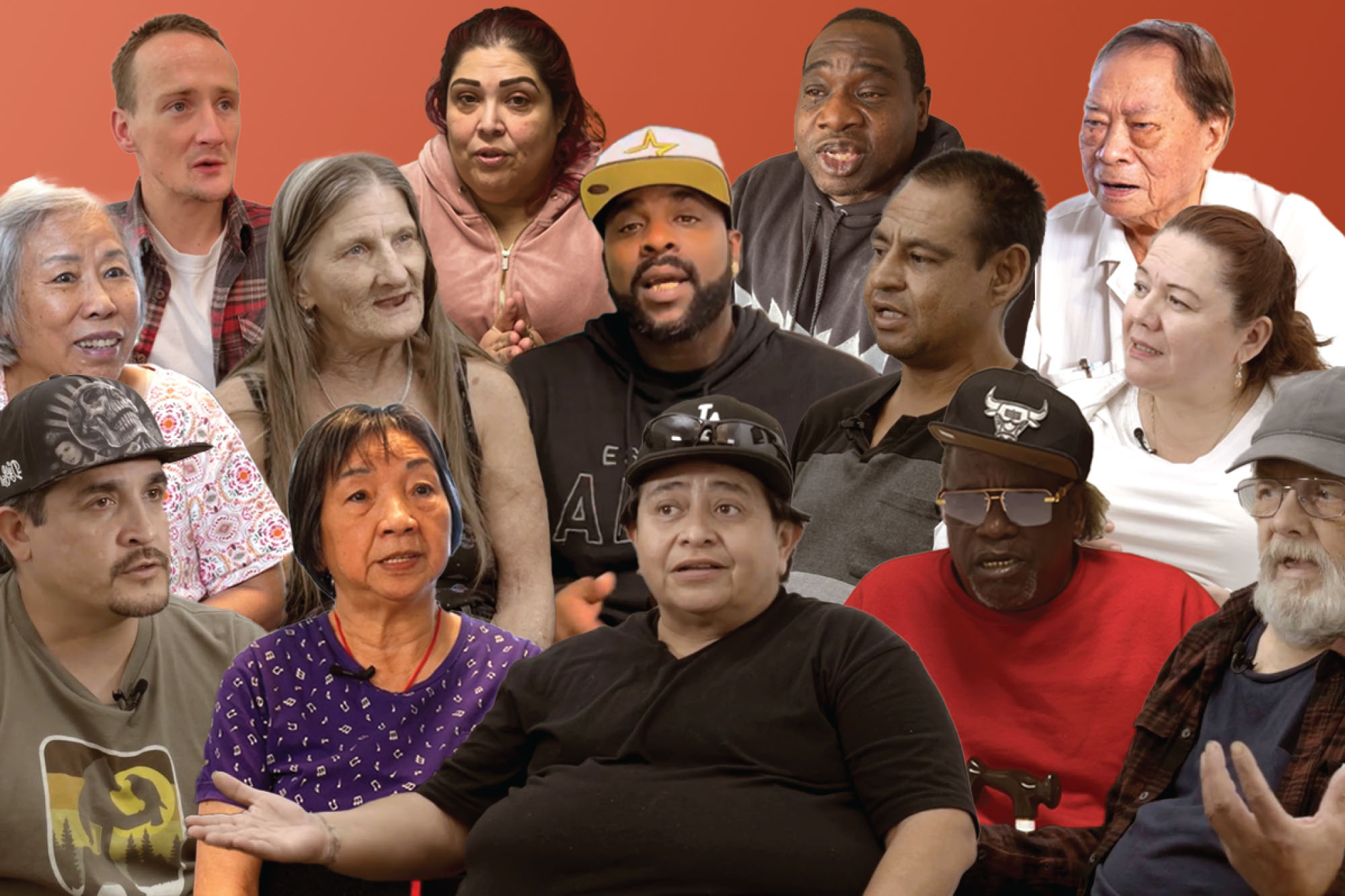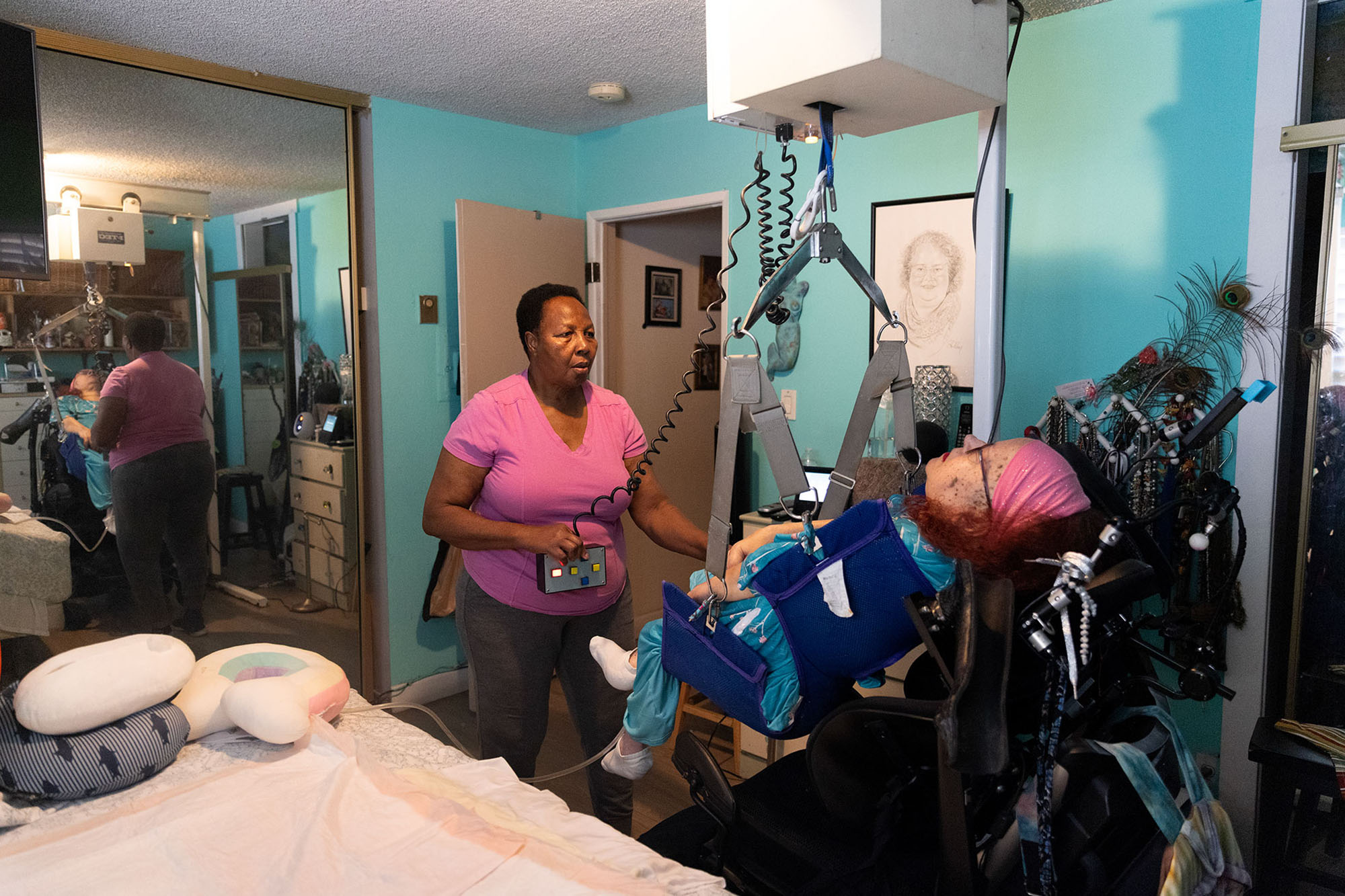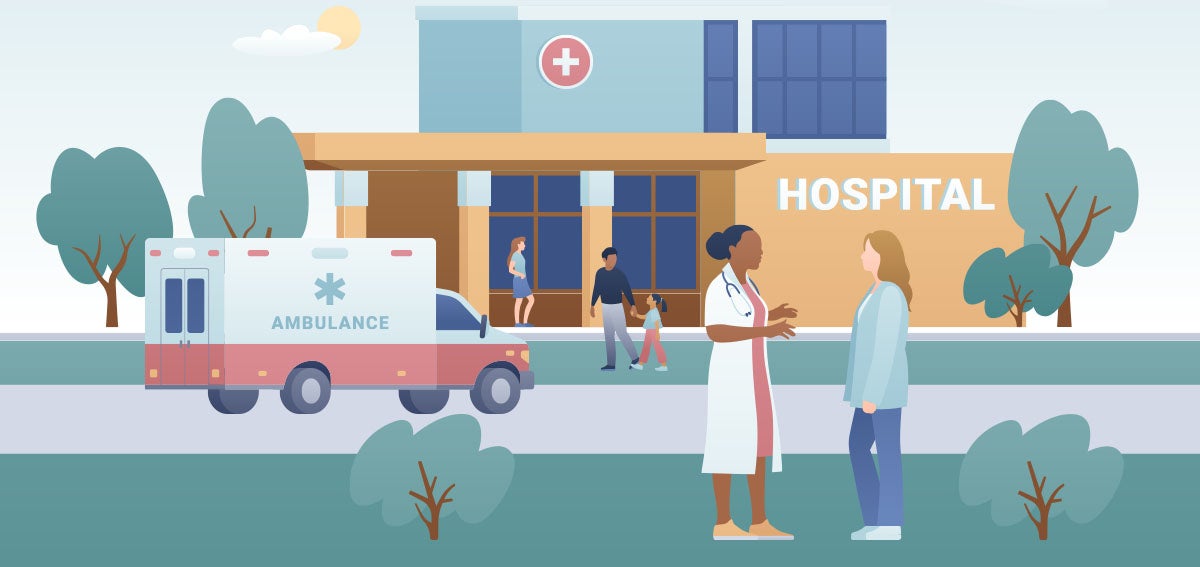View the Report
Jump to All Downloads & LinksKey Takeaways
- Many implementers (65%) can name a specific success due to CalAIM, an increase from 59% in 2023. Examples cited by implementers vary considerably, with each describing different aspects of CalAIM and its programs.
- A majority of implementers (53%) report that CalAIM has made the “overall experience of care” better for the people they serve.
- Some implementers are still struggling with the administrative burden of participating in CalAIM. When asked about their ability to balance the time spent on documentation and administration versus providing services, 28% say things have gotten better as a result of CalAIM, while 29% say things have gotten worse.
CalAIM (California Advancing and Innovating Medi-Cal), California’s multiyear effort to reform the Medi-Cal program, is now completing its third year. Much can be learned from the people on the ground who are launching and running a multitude of new programs under this initiative.
To gain a clearer picture of their insights, CHCF commissioned an online survey of 948 “implementers.” These individuals include staff and leaders working at a broad range of health and social service organizations, including managed care plans, behavioral health organizations, community-based organizations, social services providers, and other institutions. The survey was conducted between August 9 and September 16, 2024. CHCF commissioned a similar survey in summer 2023. Samples and questions differ between the two surveys, but results are compared where appropriate.
In the 2024 survey, implementers share successes in improving access and establishing more comprehensive care for people with complex needs. At the same time, implementers surface challenges they have faced and improvements that must be made to increase CalAIM’s effectiveness in the coming years.
Key findings from this survey include:
- Familiarity with CalAIM has increased since 2023, and two-thirds of implementers now say they are “very familiar” or “somewhat familiar” with the initiative.
- Many implementers (65%) can name a specific success due to CalAIM, an increase from 59% in 2023. Examples cited by implementers vary considerably, with each pointing to different programs within the initiative.
- A majority of implementers (53%) report that CalAIM has made the “overall experience of care” better for the people they serve.
- When asked how CalAIM has impacted their organization, respondents indicate little change since the 2023 survey. A slight majority of implementers (52%) say that their ability to manage the comprehensive needs of the people they serve has gotten better as a result of CalAIM, while 38% say that it has stayed about the same or that they are unsure of whether or not it has improved.
- Some implementers are still struggling with the administrative burden of participating in CalAIM. When asked about their ability to balance the time spent on documentation and administration versus providing services, 28% say things have gotten better as a result of CalAIM, while 29% say things have gotten worse. This reflects an increase from 2023, when 23% said things had gotten worse.
- Satisfaction with CalAIM implementation is moderate. On a scale of 0 to 10, implementers expressing an average satisfaction rating only slightly above the midpoint at 5.5. This represents a decrease from 5.9 in 2023.
- Many respondents report still exchanging data outside of portals and electronic health records (EHRs), although there has been an increase in health plan portal and her usage since 2023. Data exchange methods have not improved since 2023 in terms of completeness, accuracy, and timeliness.
- Overall, many implementers are optimistic that CalAIM implementation will improve over time.
The full report includes additional details on CalAIM’s core programs, including Enhanced Care Management (ECM), Community Supports, Behavioral Health Payment Reform, and the Justice-Involved Initiative. It is available for download below along with a short document of additional open-ended quotations from the survey.
Finally, survey results were broken out by region in a later series of reports drawn from the original survey. See the findings in these five California regions:
- Bay Area
- Central Coast
- Central Valley
- Northern California
- Southern California
For access to the survey cross-tabulations, please contact Melora Simon.





